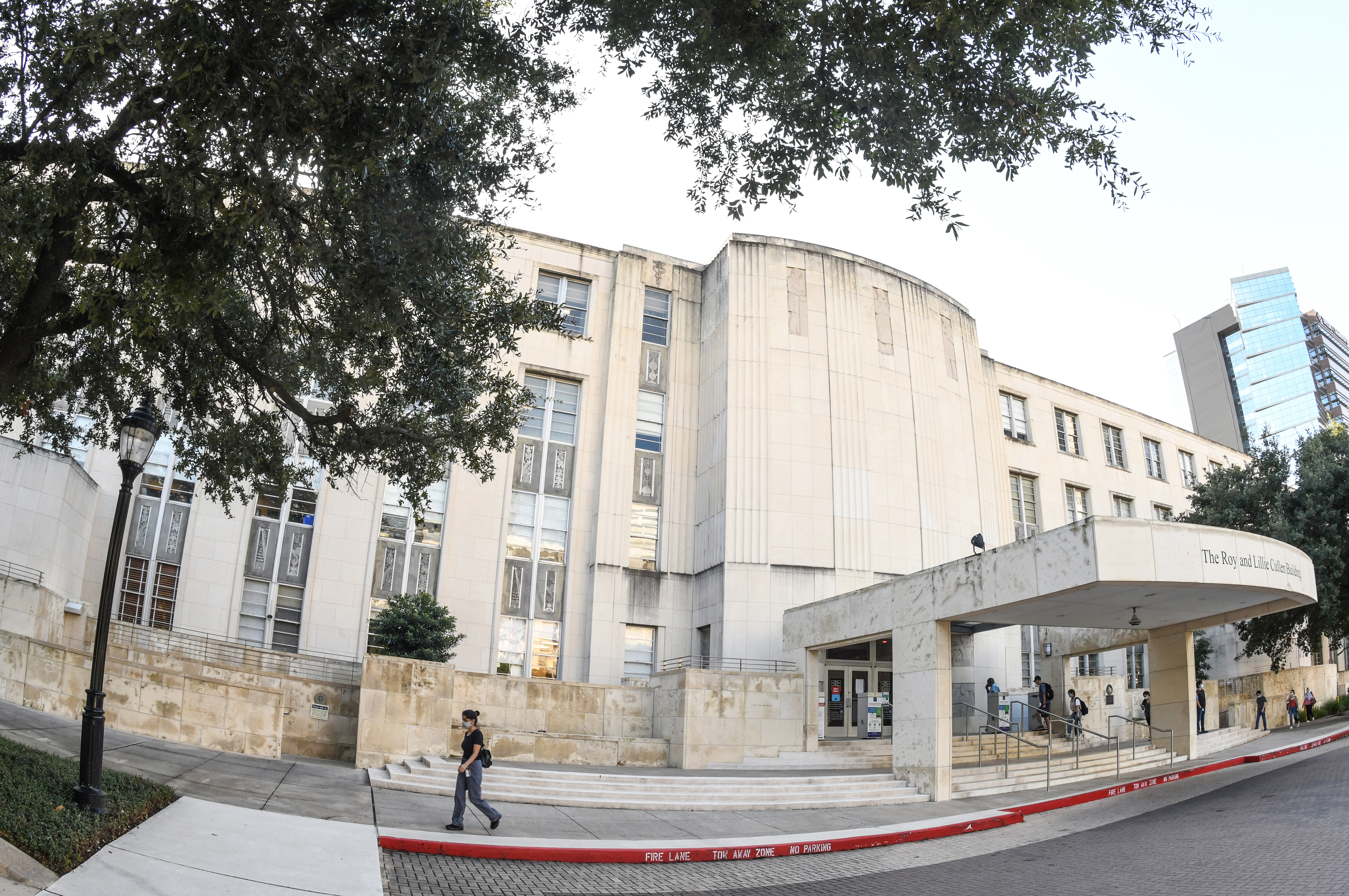
Griffith University’s Institute for Glycomics researchers will receive a boost in their fight against cancer with $2.6 million in funding awarded by the Australian Cancer Research Foundation (ACRF) to establish the ACRF International Centre for Cancer Glycomics.
Announced by His Excellency General the Honourable David Hurley in Canberra, the Australian-first for revolutionary cancer research combines world-leading experts in the study of carbohydrates (glycomics) and their interactions with proteins and lipids.
“This grant will enable our Institute’s researchers to determine changes to the carbohydrate and other biological languages in a number of cancers at a single cell level,” said Institute for Glycomics Director Professor Mark von Itzstein AO.
“Our research will provide major advances in the early diagnosis of significant cancers, including skin, ovarian and breast cancer. The discovery and development of new drugs to treat these cancers will be another major outcome of this grant.
“Understanding the cancer glyco-code, which plays a major role in tumour development and progression will lead to the development of therapies for cancer which claims the lives of over nine million people globally each year.”
ACRF CEO Kerry Strydom said: “We are so pleased to back this hub of world-leading experts in both basic cancer science and applied clinical cancer research who will use the specialised equipment and technologies funded to decipher the cancer glyco-code.
“This improved knowledge and understanding of glycomics could translate to the next generation precision diagnostics and therapies to treat several cancers.”
Advanced mass spectrometry equipment will form the centrepiece of the ACRF International Centre for Cancer Glycomics, including the proposed acquisition of the Orbitrap Eclipse Tribrid MS and the Hyperion Imaging Mass CyTOF.
“These two state-of-the-art instruments will add to and complement the existing resources and capabilities within the facility, enabling the brightest scientific minds in cancer glycomics research to deep mine the cancer glyco-code down to a single cell level,” Professor von Itzstein said.
“There is substantial evidence that glycosylated molecules are key components of oncogenesis, cell signalling, immune modulation, cellular interactions, and metastatic capacity. Integral to that, we know that some imaging technologies and blood markers can identify cellular states that precede malignant transformation.”
The goal of the ACRF International Centre for Cancer Glycomics is to identify the glyco-language in these states in serum, tissue biopsies and in vivo in a clinical scanner of patients at high risk for cancer as well as those with a malignancy.
The team of glycomics experts will work with surgeons, radiologists, scientists, and high-risk cancer clinics to develop early markers in high-risk cohorts and therapeutics based on inhibition of the pertinent glycoconjugates.
“This unique facility, with its diverse and multi-disciplinary team of researchers, will underpin the opportunity to better understand the glyco-code and lead to the translation of novel discoveries into clinical outcomes that will improve the lives of countless cancer sufferers around the world.”







